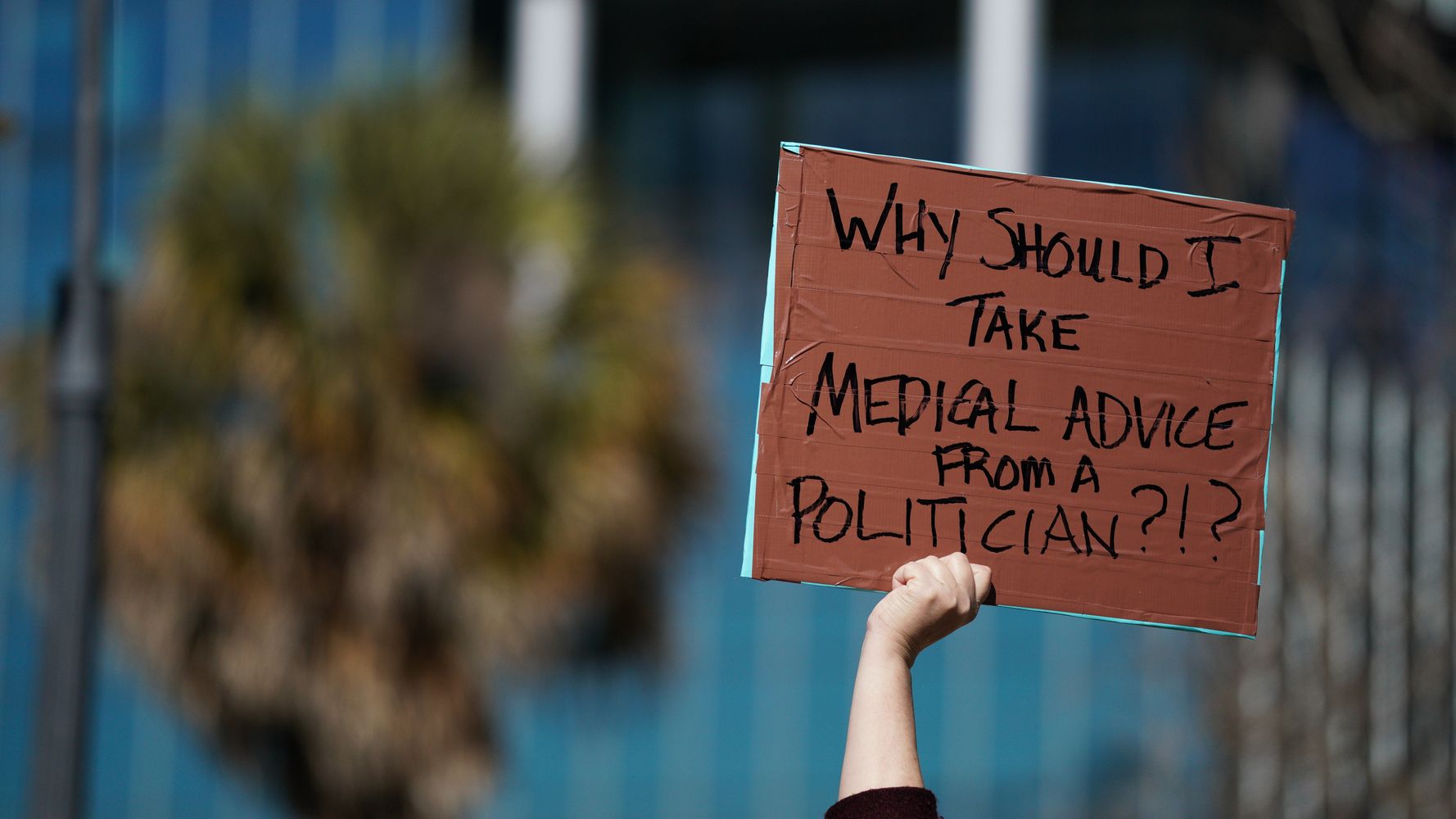[ad_1]
COLUMBIA, S.C. (AP) — A lawsuit challenging South Carolina’s new ban on most abortions is “likely to succeed,†a judge wrote Friday, ruling that abortions can continue until the lawsuit is resolved.
Siding with a request from Planned Parenthood, the ruling from U.S. District Judge Mary Geiger Lewis essentially mirrors previous piecemeal extensions of an injunction halting the law. Her most recent extension had been set to expire Friday.
Lewis initially suspended the “ South Carolina Fetal Heartbeat and Protection from Abortion Act †on its second day in effect, following a lawsuit from Planned Parenthood. The measure requires doctors to perform ultrasounds to check for a heartbeat in the fetus, which can typically be detected about six weeks after conception. If cardiac activity is detected, the abortion can only be performed if the pregnancy was caused by rape or incest, or the mother’s life is in danger.
About a dozen other states have passed similar or more restrictive abortion bans, which could take effect if the U.S. Supreme Court — with three justices appointed by Republican former President Donald Trump — were to overturn Roe v. Wade, the 1973 court decision supporting abortion rights. Federal law supersedes state law.
South Carolina Gov. Henry McMaster signed the bill into law less than an hour after state lawmakers sent it to him. Opponents have argued many women do not know they are pregnant at six weeks, especially if they are not trying to conceive. And, they argue, with such an early deadline, the law gives women little time to consider whether to have an abortion.
Planned Parenthood said the initial restraining order was needed in South Carolina in part because more than 75 women were scheduled to have abortions in the state over the ensuing three days, and most would have been denied under the new law.

Earlier this month, attorneys for the state argued that the law should be allowed to take effect while the lawsuit is ongoing. South Carolina Attorney General Alan Wilson and Walt Wilkins, the prosecutor for two counties in the conservative Upstate, previously wrote in court papers that a prior U.S. Supreme Court decision upholding a ban on partial-birth abortions “suggests that a preliminary injunction should be denied here†and that the lawsuit would likely not withstand legal scrutiny. Lewis disagreed, however, writing that, “because the Court holds (that) the Act bans abortion months before any fetus could be viable, Plaintiffs are likely to succeed on their claim that the Act is unconstitutional.â€
Going on to cite a number of cases, Lewis noted that “courts have universally invalidated laws that ban abortions beginning at a gestational age prior to viability.â€
“This case does not present a close call,†Lewis wrote in a section focused largely on her argument that a judge’s personal politics play no role in orders.
Lewis, an Obama administration appointee, took the unusual step of blaming the media, which she says “unwittingly or not … tends to feed this narrative by often noting the name of the President who appointed the federal judge assigned to a particular politically divisive matter such as this.â€
She went on to call such a suggestion “misinformed at best, and highly offensive at worst.â€
“We judges are not politicians in robes,†she added. “In fact, based on the law, the Court is unable to fathom how another court could decide this issue differently than how this Court has decided it.â€
The new law does not punish a pregnant woman for getting an illegal abortion, but the person who performs the procedure can be charged with a felony, sentenced up to two years and fined $10,000 if found guilty.
South Carolina has three clinics that provide abortions in its largest metropolitan areas — Charleston, Columbia and Greenville — and none of them perform abortions after the first trimester. Two of them perform abortions only twice a week, according to Planned Parenthood.
Calling all HuffPost superfans!
Sign up for membership to become a founding member and help shape HuffPost’s next chapter
[ad_2]
Source link





